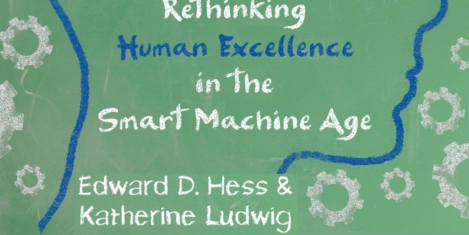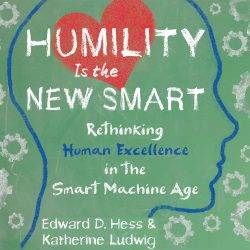March 3, 2017
Global migration plays an important role in London’s ongoing success, says report 0
 Demand for construction workers in London looks set to grow due to the completion of Crossrail and the extension of the Northern Line alongside other infrastructure projects. But a new analysis reveals the Capital is struggling to attract and train the workforce needed; with London and the South East having a shortfall of 60,000 people in the construction industry. This is according to a first of its kind analysis of the role of migration on London’s economy by London First and PwC. ‘Facing Facts: the impact of migrants on London, its workforce and economy’ argues that London’s growing workforce is significantly contributing to economic growth and helping to create more jobs in the capital. The report, which draws on a comprehensive range of information, including detailed ONS Labour Force Survey data shows how London’s total workforce has grown from 4.3 million people in 2005 to just under 5.2 million, made up of people from around the UK, the EU and the rest of the world.
Demand for construction workers in London looks set to grow due to the completion of Crossrail and the extension of the Northern Line alongside other infrastructure projects. But a new analysis reveals the Capital is struggling to attract and train the workforce needed; with London and the South East having a shortfall of 60,000 people in the construction industry. This is according to a first of its kind analysis of the role of migration on London’s economy by London First and PwC. ‘Facing Facts: the impact of migrants on London, its workforce and economy’ argues that London’s growing workforce is significantly contributing to economic growth and helping to create more jobs in the capital. The report, which draws on a comprehensive range of information, including detailed ONS Labour Force Survey data shows how London’s total workforce has grown from 4.3 million people in 2005 to just under 5.2 million, made up of people from around the UK, the EU and the rest of the world.
































March 8, 2017
In a crowd of truths, we can discern and reclaim what it means to be human 0
by Neil Usher • Comment, Facilities management, Technology, Workplace design
(more…)